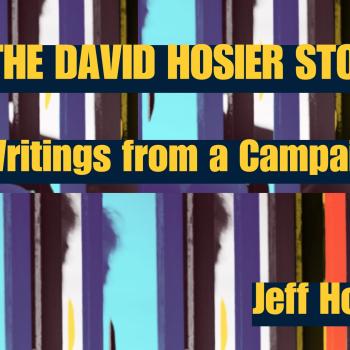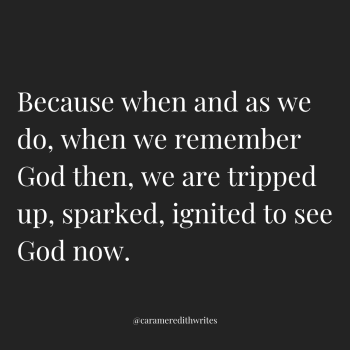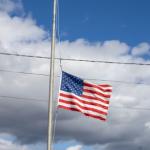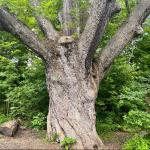It was just another Sunday by all outward accounts: I preached that morning in San Rafael, at the Episcopal church where I’m on once-a-month preaching rotation. That afternoon, my husband and our boys headed to the A’s game, while I walked a block and a half to a neighbor’s backyard for Garden Club.
A couple hours passed. When I then walking home from Garden Club with a couple of neighbors, my phone rang. It was my husband: he probably wanted to know if I was making dinner. It was coming up on the we-need-to-eat-immediately-or-else-the-witching-will-start hour.
But his call didn’t have anything to do with dinner preparation. Our car had just been stolen, right in front of them. As the three of them were coming out of the tunnel toward the BART station, my older son pointed at our car, not more than a hundred feet in front of them.
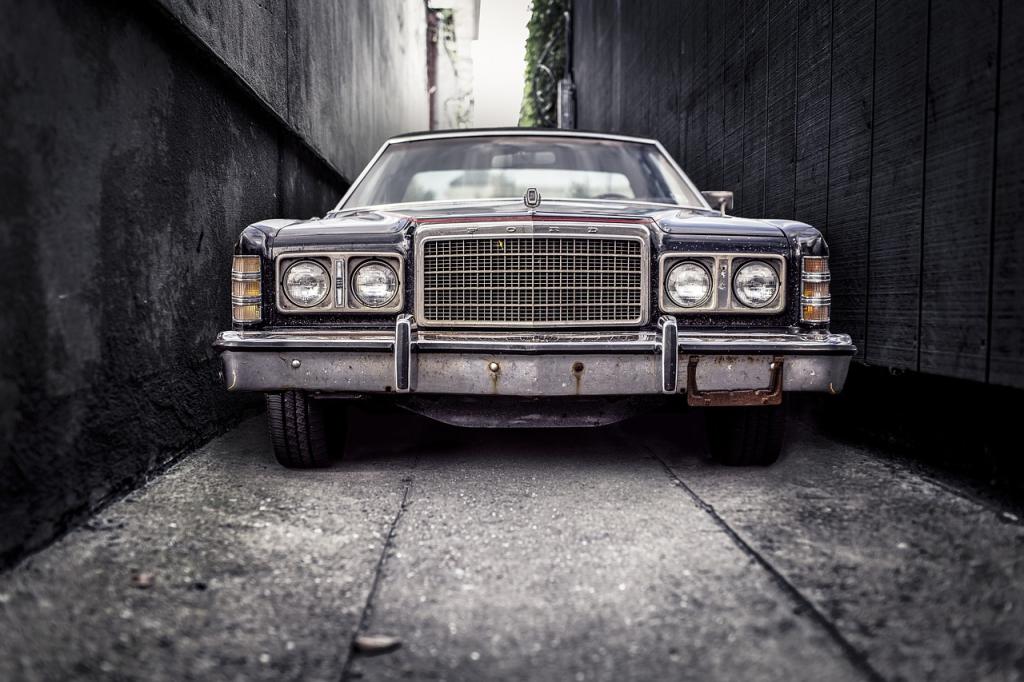
“Dada, isn’t that our car?” He asked, pointing to what was indeed our car, and to the young men who had just broken the back window of the Kia and were attempting to start it with a screwdriver and a USB cord.
James looked ahead. He started running – which isn’t exactly what you’re supposed to do when you see bad guys being bad guys, but sometimes instinct takes over and you just start running.
He didn’t catch them. Instead, they jury-rigged the car and spun a 180 in the middle of the street, screeching away while the three of them watched in horror.
It’s hard to express how any of us felt at that moment: incredulous, helpless, scared. Anxious, worried, overwhelmed. The feelings that accompanied that afternoon continue to visit us unannounced, often when we are least aware. But the memories of those who came by our side also show up – of those who stood in the gap and lent a helping hand when we needed it most.
If you recall, I was walking with a couple of my neighbors when this happened: within minutes, we were in one neighbor’s car, driving to the Coliseum BART to pick up the boys so James could file a police report. Another neighbor who walked me that day continued to check in every couple of days, just to see if we needed anything and make sure we were okay.
An hour or two after the event, a friend texted in the middle of the hype: How are you? Thinking about you! And because I didn’t know what else to say, I told her the truth: our car was just stolen. I’m kind of reeling. Without being asked or asking permission, she had dinner delivered half an hour later.
The stories continued: my aunt and uncle who loaned us their extra car for a week, another set of friends who loaned us their extra car a week after that. Friends who searched for perfect, new-to-us cars, because that’s just what they like to do in their spare time, and friends who sent over Door Dash gift cards so we could breathe a little and not have to worry about making dinner.
A friend who had an extra 30” bat (because it was left in the car) and another who mailed me brand-new, open-toed, red, preacher-lady clogs in the mail (because those were also in the car after preaching that morning).
When insurance wasn’t able to help us out because our policy had expired 8 days earlier, unbeknownst to us, the helpers emerged, all around. The helpers just wouldn’t go away. The helpers fed us when we needed it most.
Why tell you this story? Because this week’s reading is also one of feeding in a time when the people needed it most.
Although we don’t see it in the passage, Jesus had just learned of John the Baptist’s death – a beheading, mind you. He was rightfully upset. He wanted to get away and be by himself, as would likely be the case for many of us if we were to learn of a dear one’s passing.
But when the crowds around Jesus heard of John the Baptist’s death, their response wasn’t one of solitude: instead, it was one that gravitated toward Jesus. They wanted to be with the one who had ministered alongside the itinerant preacher. They wanted to know what Jesus had to say and they wanted to be with the one who could be compassion to them in their time of grief.
So, Jesus, who had pushed out from shore in a boat, returned to shore to be with the people. The text says he showed compassion to them and cured their sick.
He met them in their time of need.
But after a while, it was getting late. The inevitable witching hour, one might say, was upon them: if these five thousand men, besides women and children didn’t eat, some hangry was going to go down.
So, the disciples recommend that Jesus shoo the crowd away. It’s time. Let them go get dinner for themselves. Let’s go, JC.
But Jesus, who never fails to surprise, does not send them away. Instead says to the twelve, “They need not go away; you give them something to eat.”
Although they only had five loaves and two fish between them, a miracle happens that day:
Taking the five loaves and the two fish, he looked up to heaven, and blessed and broke the loaves, and gave them to the disciples, and the disciples gave them to the crowds. And all ate and were filled; and they took up what was left over of the broken pieces, twelve baskets full.
Now, whether you believe in a metaphorical or literal interpretation of this story, one thing is true: the one who is Love and Light showed compassion and fed the people in their time of need.
As I sat with the text this last week, a couple of questions kept coming back to me: What does it mean to feed our neighbors? What does it mean to show compassion and love to others, even when we’re tired and need to get away? Even when the circumstances of life – cars that are stolen, dear counterparts that leave earth too soon – leave us feeling beat up and bloody, left for scraps by the side of the road?
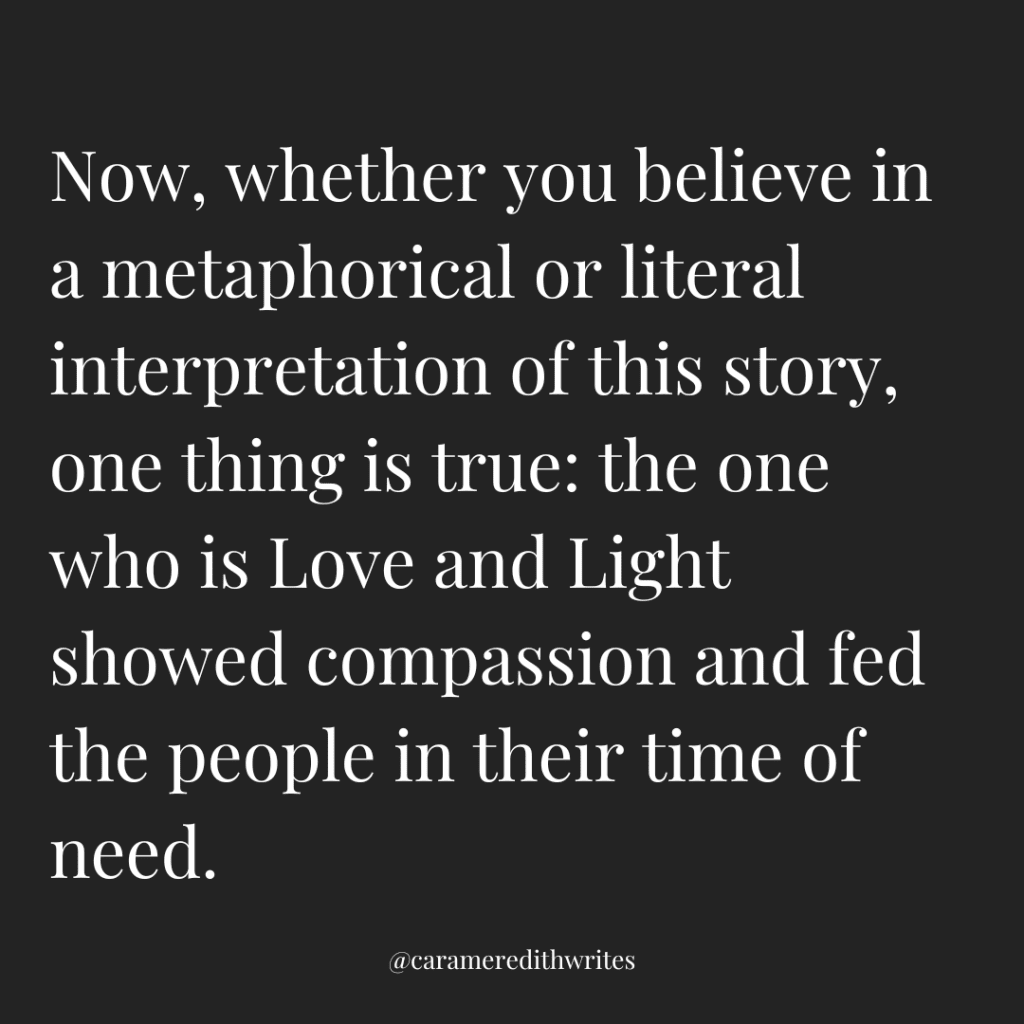
What does it mean to show up even then?
This last week, Oakland’s chapter of the NAACP called for a State of Emergency in Oakland. The mayor announced a collaboration with Governor Newson to expand public safety efforts in the city that we love. Many of us are grieving and scared, unsure of what it means to continue to love a place that feels like it’s been shaken and turned upside-down, sometimes in the worst sort of ways.
Yet still, even now, Christ is present. Light remains desperate to squeak its way into the darkest of spaces; compassion begs we listen and pay attention when we interact with one another on Sunday mornings and Tuesday afternoons alike – when we’re in this hallowed space and when we’re popping into the grocery store for a box of butter.
Even here, even now, hope is present, for you and me and us, we are the fleshy human helpers – the ones who get to stand in the gap and see and do something when darkness tries to overwhelm.
Just as we receive food from Christ, we get to feed our neighbors. And sometimes, oftentimes, of course, we also get to become the very ones our neighbors feed.
However and whenever it happens, we receive this light and love and compassion.
This Jesus made present to us in a time of need.
Amen.
—
This is a sermon preached on August 6, 2023 at St. Paul’s Episcopal Church in Oakland, California. If you like this post, you might also like “Someone Is Five Years Old.” In the meantime, receive light and love and compassion, beloveds.







